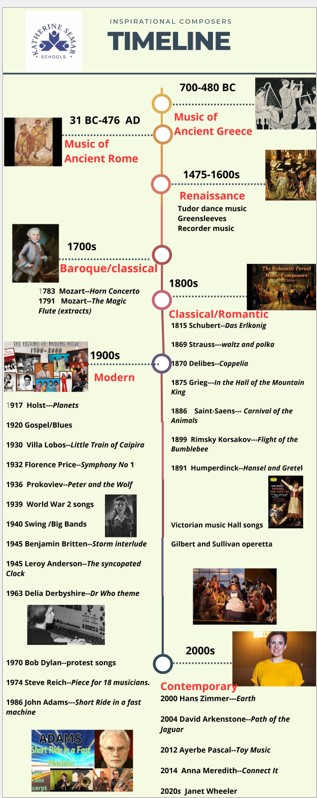Equality & Diversity
PUBLIC SECTOR EQUALITY DUTY
WHAT IS THE PUBLIC SECTOR DUTY?
The single Public Sector Equality Duty (PSED) came into effect in April 2011 as a result of the Equality Act 2010. It requires public bodies to promote equality and replaced three pre-existing duties relating to disability, race and gender equality.
The PSED applies to all maintained and independent schools, including academies, and maintained and non-maintained special schools.
PROTECTED CHARACTERISTICS
The Department for Education (DfE) has published non-statutory advice that sets out schools' obligations under the PSED.
Paragraph 5.1 explains that the PSED extends to the following protected characteristics:
Race, disability, sex, age, religion or belief, sexual orientation, pregnancy and maternity, gender reassignment
DUE REGARD
Paragraph 5.4 of the DfE's advice says that 'due regard' has been defined in case law and means giving "relevant and proportionate consideration to the duty".
For schools, this means:
Decision makers must be aware of the duty to have due regard when making a decision or taking an action, and must assess whether it may have implications for people with particular protected characteristics
Schools should consider equality implications before and at the time that they develop policy and take decisions, not as an afterthought, and they need to keep them under review on a continuing basis
The PSED has to be integrated into the carrying out of the school’s functions, and the analysis necessary to comply with the duty has to be carried out seriously, rigorously and with an open mind
SPECIFIC DUTIES
The PSED introduces secondary legislation in the form of specific duties. The duties require schools to:
- Publish information to demonstrate how they are complying with the PSED. This information must include, in particular, information relating to people who share a protected characteristic
- Prepare and publish equality objectives
- Schools are required to update this published information at least annually and to publish objectives at least once every four years.
WHAT DOES OUR SCHOOL DO TO ELIMINATE DISCRIMINATION?
We have set a clear vision and values which expect all our staff to act in a non-discriminating manner and be mindful to avoid actions that will be deemed as such to the public and our wider community.
We have up-to-date and ratified policies which set out a clear message that discrimination is not tolerated: staff code of conduct, behaviour, anti-bullying, safeguarding and child protection.
We understand that it is unlawful to fail to make reasonable adjustments to overcome barriers to using services caused by disability and one of our equalities objectives addresses this.
The governing body and school leaders involved in recruitment will avoid unlawful discrimination in all aspects of employment including recruitment, promotion, opportunities for training, pay and benefits, discipline and selection for redundancy. Another one of our equalities objectives addresses this.
Through a structured PSHE curriculum offer, assemblies, workshops and visits, equalities will be discussed with and taught to the children, exemplifying the British Values and school values that we believe in.
Staff are regularly reminded about the location of the whistle-blowing policy, should they need to raise a concern regarding discrimination.
The induction process includes the headteacher conveying the 'open door' message to new staff, to support them to raise concerns with a member of the leadership team.
WAYS WE IMPROVE EQUALITY OF OPPORTUNITY AND INVOLVE INDIVIDUALS AFFECTED BY INEQUALITY:
We collect information on race, disability and gender for pupils and staff, which informs our planning, strategies and training opportunities.
Pupil achievement data is analysed by race and gender to look for patterns which suggest that our practice needs adapting.
Our curriculum, and extra-curricular offer includes opportunities to teach children about race, gender and disabilities.
All pupils are encouraged to play an active part in school life. Our school keeps logs of which children attend clubs; which children have had main parts in plays; which children have been on the school council; and which children are given additional responsibilities.
Bullying and incidents are monitored by race, disability and gender. Racist incidents are logged, fully investigated, and reported to governors.
Displays, lessons and discussions reflect the diversity of our school community. Assemblies celebrate people of different genders, races, and those with disabilities.
Our school takes part in awareness weeks to promote understanding of race, gender and disabilities.
School open events are made accessible to all visitors, and language barriers are considered.
The accessibility needs of families is considered before sending out information.
All parents and staff, regardless of race, gender or disability are invited to nominate themselves as a parent governor.




